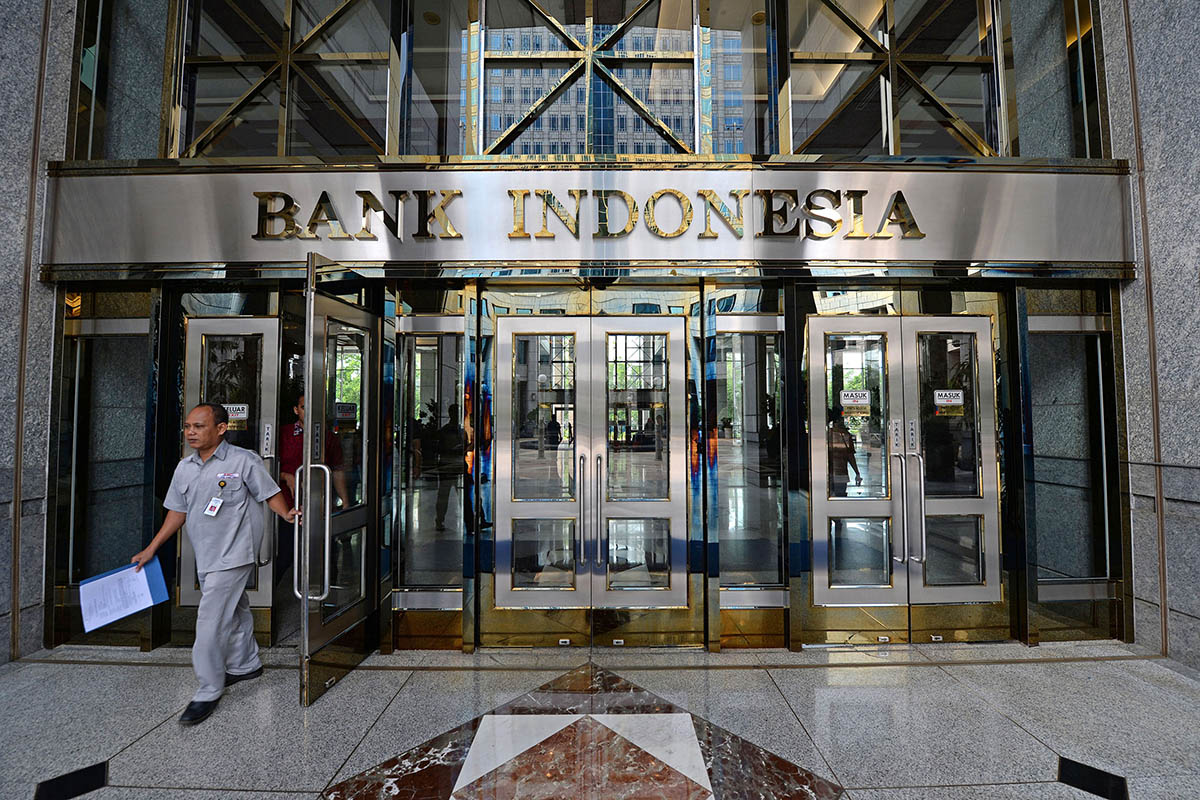Indonesia’s central bank should avoid cutting interest rates further because borrowing costs are at an appropriate level even as loan growth remains subdued, according to the chief of the country’s biggest lender.
The current benchmark rate of 4.25 percent is “quite optimal,” Bank Mandiri President Director Kartika Wirjoatmodjo said in an interview on September 28. “Overall liquidity is much better” and “is not an issue anymore,” he said. Further rate cuts will do little to stimulate lending, which is unlikely to accelerate much beyond current levels until Indonesian lenders finish reducing the number of non-performing loans on their books, Wirjoatmodjo added.
Bank Indonesia lowered its benchmark rate for a second straight month in September as low inflation gave it room to boost Southeast Asia’s biggest economy. Yet credit expansion remains slow even after eight rate cuts totalling two percentage points since the beginning of last year, as lenders including Bank Mandiri grapple with lingering bad debts.
“The good news is the corporate sector is doing well,” but there is still “a massive unwinding of NPLs” particularly among small and mid-sized enterprises, Wirjoatmodjo said. While most banks are about 70 percent to 80 percent through an “aggressive” unwinding of soured debts, lending won’t start picking up until they are done, he said.
The central bank lowered its estimate for credit expansion in August. It now sees loans increasing eight percent to 10 percent in 2017, down from a goal of 10 percent to 12 percent. Lending rose 8.2 percent in July.
Adequate Enough
Wirjoatmodjo said about 10 percent of Bank Mandiri’s so-called commercial loans – lending mainly to mid-sized companies – were non-performing. “Now we are in the process of restructuring, collection – and some of them, a large number, are going through the liquidation process.”
Central bank Governor Agus Martowardojo said last week that recent measures including the 25 basis-point rate cut in September are “adequate enough” to support the economy. Bank Indonesia expects consumption, investments and exports to improve as inflation remains well within its three percent to five percent target range for this year.
Wirjoatmodjo said that rather than lowering interest rates further, the central bank should continue to make banks’ reserve requirements more flexible to help them manage liquidity.
Since the beginning of July, Bank Indonesia has allowed lenders to calculate their reserve requirement ratio as a two-week average, while the amount of deposits that must be kept with the central bank each day has been cut to five percent from 6.5 percent. – Bloomberg
